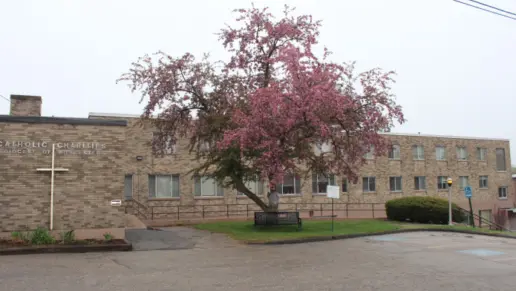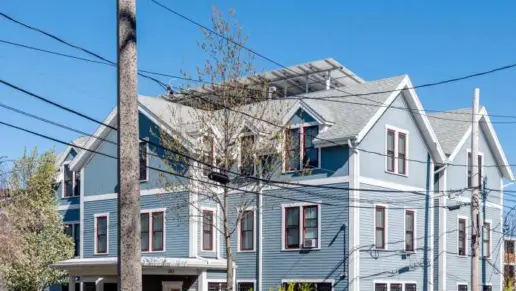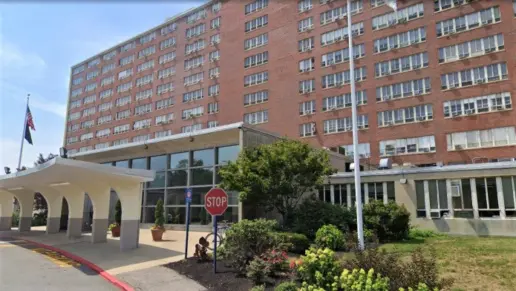About Charlestown Recovery House
Situated in Boston, Massachusetts, the Gavin Foundation Charlestown Recovery House provides residential treatment for adult men experiencing drug and alcohol dependency. They’re licensed by the Bureau of Substance Abuse Services by the Department of Public Health.
They offer a structured program that focuses on being supportive and restoring dignity in an environment that can accommodate up to thirty men at a time. They offer a homey environment that embraces the 12 Step model and aims to help residents acquire or renew skills that give them a lifestyle without substances. This model works to get to the underlying causes of addiction and helps you learn the recovery principles required for sustained sobriety.
At Charlestown Recovery House, you’ll build networks that you can maintain after treatment. Many of the residents return for meals to continue receiving supportive connections. It also allows for long term support of their current guests. You can also join in on community events, support groups, and fundraising activities. Residents typically remain at Charlestown Recovery House for four to six months.
Past residents praise the program and the staff. One former client calls it the best halfway house in the state.
Facility Overview
Gallery
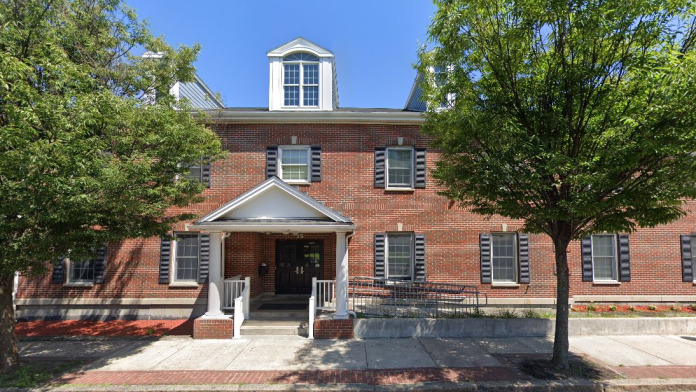
Location
Other Forms of Payment
Self-pay involves paying for treatment out of your own pocket. You can use savings or credit, get a personal loan, or receive help from family and friends to fund your treatment. If you don't have insurance or your insurance plan doesn't cover a specific program, self-pay can help ensure you still get the care you need.
Financial aid can take many forms. Centers may have grants or scholarships available to clients who meet eligibility requirements. Programs that receive SAMHSA grants may have financial aid available for those who need treatment as well. Grants and scholarships can help you pai for treatment without having to repay.
Addiction Treatments
Levels of Care
Treatments
The goal of treatment for alcoholism is abstinence. Those with poor social support, poor motivation, or psychiatric disorders tend to relapse within a few years of treatment. For these people, success is measured by longer periods of abstinence, reduced use of alcohol, better health, and improved social functioning. Recovery and Maintenance are usually based on 12 step programs and AA meetings.
Addiction is a highly complex problem, and drug rehab in Massachusetts is often necessary to address it. These programs treat physical, mental, and relational issues that are involved. Treatment empowers individuals to manage these issues without the use of drugs.
Opioid rehabs specialize in supporting those recovering from opioid addiction. They treat those suffering from addiction to illegal opioids like heroin, as well as prescription drugs like oxycodone. These centers typically combine both physical as well as mental and emotional support to help stop addiction. Physical support often includes medical detox and subsequent medical support (including medication), and mental support includes in-depth therapy to address the underlying causes of addiction.
Substance rehabs focus on helping individuals recover from substance abuse, including alcohol and drug addiction (both illegal and prescription drugs). They often include the opportunity to engage in both individual as well as group therapy.
Programs



Clinical Services
During cognitive behavioral therapy in Massachusetts, clients work with a trained counselor to identify negative thinking patterns and change them. This change in thinking has been shown to lead to changes in behavior to treat substance use and mental health disorders effectively.
If you are experiencing intense, negative emotions, dialectical behavior therapy can help you learn how to regulate painful emotions and manage the interpersonal situations that generate them. This method is often used during substance use treatment in Massachusetts to help you develop better coping skills and avoid relapse.
The first phase group is a progressive group consisting of seven residents. This group is facilitated by a counselor, as they move through the phases they address topics that are most pertinent at that stage. The last phase addresses issues that will help them relocate into the community. The second phase groups consists of four residents meet every week for one hour for the duration of their stay. This group is facilitated by their assigned counselor. Each month they formulate a treatment plan with this counselor. There is always an opportunity to see a counselor on an individual basis by appointment.
Each resident is assigned an Individual Counselor upon admission. One-on-One Counseling gives each resident an opportunity to discuss issues or problems that may be uncomfortable to discuss in a group setting, as well as updating progress made in the program.
Trauma therapy addresses traumatic incidents from a client's past that are likely affecting their present-day experience. Trauma is often one of the primary triggers and potential causes of addiction, and can stem from child sexual abuse, domestic violence, having a parent with a mental illness, losing one or both parents at a young age, teenage or adult sexual assault, or any number of other factors. The purpose of trauma therapy is to allow a patient to process trauma and move through and past it, with the help of trained and compassionate mental health professionals.
During family therapy, the therapist works with every member of the family unit to understand the role they play in their loved one's addiction. By addressing these patterns, family members learn healthier ways to interact with each other and contribute to a more effective recovery journey for the family member who is addicted.
Life skills trainings involve all the skills a person must have in order to function successfully in the world. These include time management, career guidance, money management, and effective communication. Truly successful addiction recovery is based on the ability to not only live substance-free, but to thrive. Life skills teaches the practical necessities of functioning in society, which sets clients up for success in life, and therefore sobriety. Staff assists each resident in their search for employment. Residents may be employed upon admission. Work hours must coincide with the Hamilton House program.
Amenities
-
Residential Setting
-
Private Rooms
Staff & Accreditations
Staff

Program Director

Clinical Director

Intake Coordinator
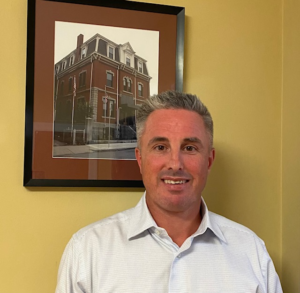
President & CEO
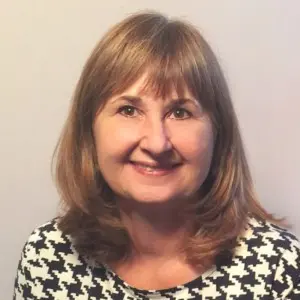
Clinical Director
Accreditations

The Commission on Accreditation of Rehabilitation Facilities (CARF) is a non-profit organization that specifically accredits rehab organizations. Founded in 1966, CARF's, mission is to help service providers like rehab facilities maintain high standards of care.
CARF Accreditation: Yes
Contact Information
15 Bunker Hill St
Charlestown, MA 02129
